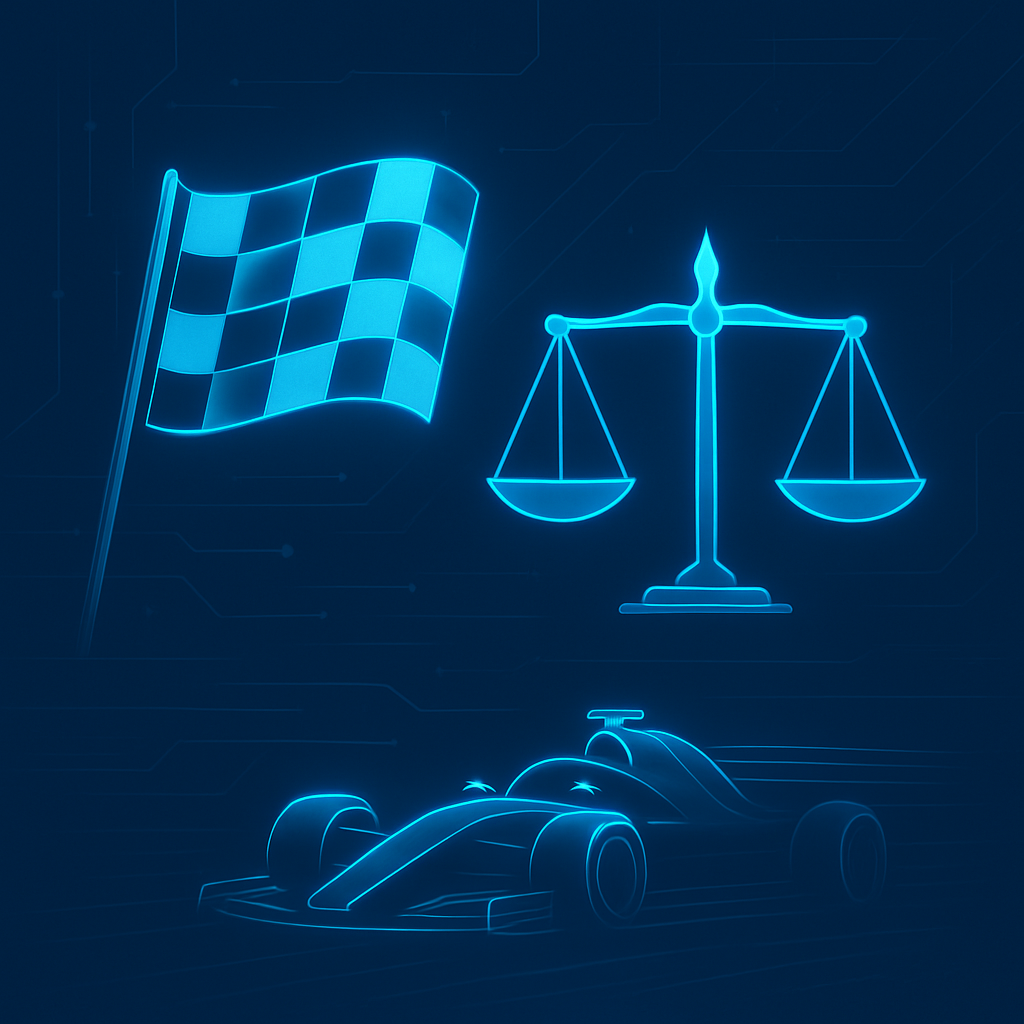EUROPEAN COMMISSION EXAMINES F1–MOTOGP DEAL UNDER EU COMPETITION LAW

On 19 December 2024, the European Commission opened an in-depth Phase II investigation into the Liberty Media proposed acquisition of Dorna Sports SL, the exclusive commercial rights holder for the MotoGP™ World Championship. The transaction was formally notified on 14 November 2024 under Article 4 of Council Regulation (EC) No 139/2004 (the “EU Merger Regulation”), which governs concentrations with an EU dimension.
Liberty Media, a US-based media and entertainment group, owns the Formula One Group and holds the exclusive commercial rights to the FIA Formula One World Championship. Dorna Sports, based in Spain, has managed and commercialised the MotoGP since 1992, expanding, in recent years, to include additional motorcycle racing championships. The concentration will be effected by a purchase of shares, namely, the acquisition of 86% of the shares in Dorna Sports, with certain members of Dorna Sports’ management retaining approximately 14% of the equity.
According to the Commission preliminary findings under Article 6(1)(c) of the Merger Regulation, the transaction raises serious doubts as to its compatibility with the internal market.
In particular, both Formula One and MotoGP are considered leading motorsport properties that compete closely in the licensing of broadcasting rights across various national markets. The Commission fears that the merger could remove this rivalry, giving Liberty Media stronger negotiating power and possibly resulting in higher licensing costs and reduced choice for broadcasters.
The review also extends to the potential influence of the Liberty Media largest shareholder, Mr. John Malone, who also has significant holdings in Liberty Global. The Commission will examine whether this cross-ownership could affect competition in Member States where Liberty Global is active, notably in Belgium, Ireland, and The Netherlands.
The Commission is expected to issue its final decision by 1 July 2025, following the extension and suspension of the original review period under the EU Merger Regulation. The case is registered under reference M.11539 – Liberty Media / Dorna Sports.
This merger recalls the 2006 Commission decision in CVC / SLEC (COMP/M.4066, 20 March 2006), where CVC control of both Formula One and Dorna Sports was found to raise serious competition concerns. The Commission concluded that the transaction could significantly reduce competition in the sale of broadcasting rights, particularly in Italy and Spain. To obtain merger clearance, CVC was required to divest itself of Dorna. The Commission also noted the potential for bundling rights in markets where MotoGP was less popular than Formula One.
Whilst Liberty Media argues that the media landscape has evolved significantly—with the rise of streaming platforms and a more fragmented market—the Commission has decided to investigate further whether these changes effectively address the potential competition concerns in this case.
Currently, this is the only active Phase II merger investigation being conducted by the European Commission. Its outcome will be closely monitored for its potential implications on future media rights transactions and on the regulatory approach to vertical and conglomerate mergers in the entertainment sector.
A final decision is expected by 1 July 2025, barring any further extensions or suspensions.
For further information on this Case and advice on EU Merger Control Legal Issues, email Dr Estelle Ivanova at ivanova@valloni.ch.